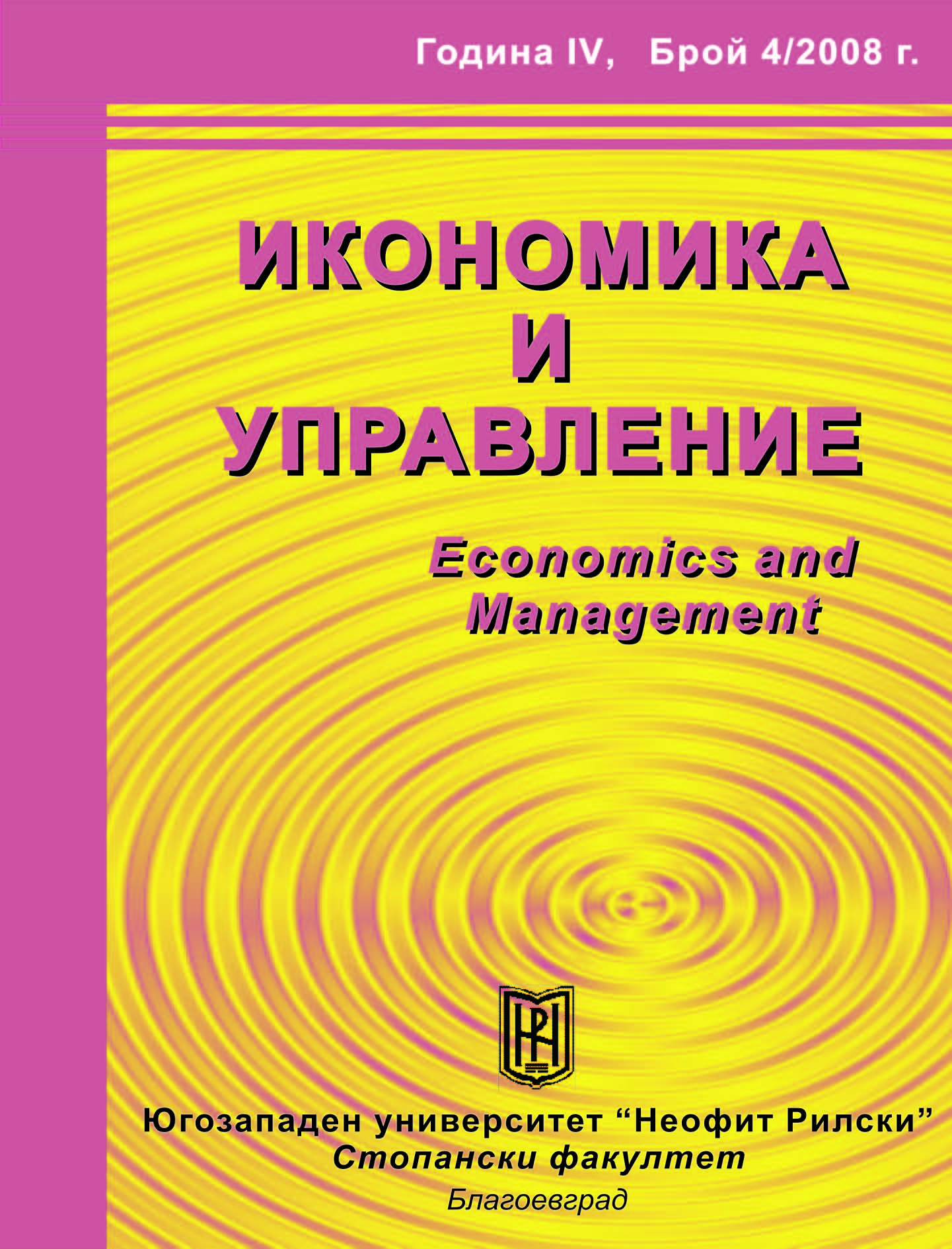ВЪЗМОЖНОСТИ ЗА ПОДОБРЯВАНЕ НА ПРОФЕСИОНАЛНОТО ОБУЧЕНИЕ В БАЛНЕО, СПА И УЕЛНЕС ТУРИЗМА ПОСРЕДСТВОМ ПРОЕКТ „ТЕРМ”, ФИНАНСИРАН ПО ПРОГРАМА „ЛЕОНАРДО ДА ВИНЧИ” НА ЕВРОПЕЙСКИЯ СЪЮЗ
OPPORTUNITIES FOR IMPROVEMENT OF THE VOCATIONAL EDUCATION AND TRAINING IN BALNEO, SPA AND WELLNESS TOURISM THROUGH THE “THERM”
PROJECT, FINANCED UNDER THE EU LEONARDO DA VINCI PROGRAMME
Author(s): Preslav DimitrovSubject(s): Tourism
Published by: ЮГОЗАПАДЕН УНИВЕРСИТЕТ »НЕОФИТ РИЛСКИ«
Keywords: SPA & Wellness Tourism; Certificati on and Validation of Qualifications
Summary/Abstract: In Europe, the hydrotherapy sector has an important role to play both socially and economically. Bulgaria and Romania are facing the challenges raised by the transition from a planned economy to a market economy and their integration in Europe. The development of tourism and of seaside tourism in particular, is of strategic significance for these two countries. And there is a strong willingness to redirect the development of the tourism industries of Bulgaria and Romania from the traditional mass sea and winter tourism products to some more customized tourism types such as the spa &wellness tourism. France, a major tourist destination, has a wealth of resources in the field of hydrotherapy. All three countries comprise some 60% of the SPA &Wellness tourism resources and supply in Europe. Furthermore, they also share a common challenge: the ongoing shift from hydrotherapy as a health treatment to hydrotherapy as a source of relaxation implies a change in the professional profile of hydrotherapists. Although they are in permanent contact with clients, there is currently no official qualification for hydrotherapists. In none of the partner countries (Bulgaria, Romania, France, and indeed Europe) is there a recognized qualification for this rapidly developing career.The aim of the project called „Création d’une certification européenne d’agent thermal (THERM)”1, financed under the EU Leonardo da Vinci Programme, is to create, at European level, a qualification that is validated by all three countries, in order to recognize the skills involved. This qualification will be based on three frames of reference: experience, qualification and training. These frames of reference will be established according to the Skills-Based Approach. This new qualification will be included in the European Qualifications Framework (EQF). It will be placed on one of the eight levels of the European meta-framework. It will be allocated a credit number (ECSVET). It will be broken down into certificated units. A standard procedure will be established to allow for the validation of knowledge and skills acquired through informal learning. In each partner country, this qualification will be the subject of a request for inclusion in each of the national qualification registers. Since hydrotherapy jobs (generic label) are essentially seasonal, an effort will be made to create bridges with the similar qualification of nursing auxiliary. These two types of work are in the same area of professional mobility. The optimization of training pathways, by including the core subjects that are common to these two trainings and the validation of knowledge and skills acquired through experience, will promote the acquisition of a dual qualification, which is an important factor in the "flexicurity" of the vocational pathways of seasonal workers. The consortium led by the South-West University “Neofit Rilski” includes three types of members in each of the partner countries: employers' organizations representing hydrotherapy establishments, universities with expertise in balneology, and training bodies with expertise in training design.
Journal: Икономика и управление
- Issue Year: 4/2008
- Issue No: 4
- Page Range: 8-14
- Page Count: 7
- Language: Bulgarian

